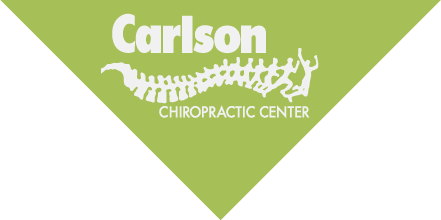Chronic inflammation is a bad thing and plays a part in many chronic diseases. A sedentary lifestyle can contribute to chronic inflammation, and so can stress. Our genes can also play a part, and so can exposure to a variety of toxins. Chronic inflammation damages blood vessels, and that increases the likelihood of heart problems and autoimmune illnesses. Inflammation also has been tied to the development of certain cancers, diabetes, and strokes. Other inflammation-related conditions include Alzheimer’s and Parkinson’s disease.
It’s important to recognize the role that diet plays in inflammation. In fact, it’s key to know what kinds of foods are likely causing your inflammation and potentially making you sick. Our on-the-go culture puts a high priority on convenience, and we want foods that are fast and easy. But fast and easy isn’t always good; especially when the food comes packaged, and not cooked by us. Quickie foods are often major culprits in the spread of inflammation. That’s why it is important to us to make sure that each of our patients has a diet that works for them, and not against them.
The first step to reducing the role that your diet plays in inflammation is to adopt an anti-inflammatory diet. According to the American Chiropractic Association, it’s a good idea to start with the following:
- Avoid white sugar and gluten, containing grains (wheat, rye, malt, barley, and certain oats).
- Include carbohydrates, fat, and protein at each meal.
- Read labels in the grocery store—avoid anything that is “hydrogenated” or even “partially hydrogenated.”
- Certain oils are better for cooking like olive oil, avocado oil, and coconut oil depending on the cooking temperature.
- The intake of good fats is essential to health. These fats can be found in nuts like almonds, hazelnuts, Brazil nuts, pecans, coconut oil, seeds, and avocados. Don’t put a limit on these.
- Good fiber is found in a variety of low glycemic fruits with the skin on (like berries) and vegetables that are in season.
- Fruits and vegetables should reflect all colors of the rainbow—and should especially include berries, orange and yellow fruits, and dark leafy greens.
It’s important to remember these are general guidelines. Everybody is different in the way that they process foods.
The second step to making sure your diet works for you, and not against you is to call Carlson Chiropractic Center. We are now offering blood tests to diagnose the causes of inflammation, and guidance to help our patients modify their diets. The benefits of testing are immeasurable, and in the long run, can save you from a host of health problems and even disease. Certain foods that for many can be seen as “healthy” can wreak havoc on your body, and that’s what makes it extra important to know what foods can be causing your inflammation and health problems, and work to remove them from your diet.
Dr. Province’s firsthand experience with food sensitivities and her expertise with inflammation enables her to help patients learn which foods they can and can’t eat, how to dine out safely, and learn how to read food labels and check the ingredients for problems. To learn more about how food sensitivities may be impacting your health and well-being, give us a call. Prevent disease and feel better today by making an appointment!

